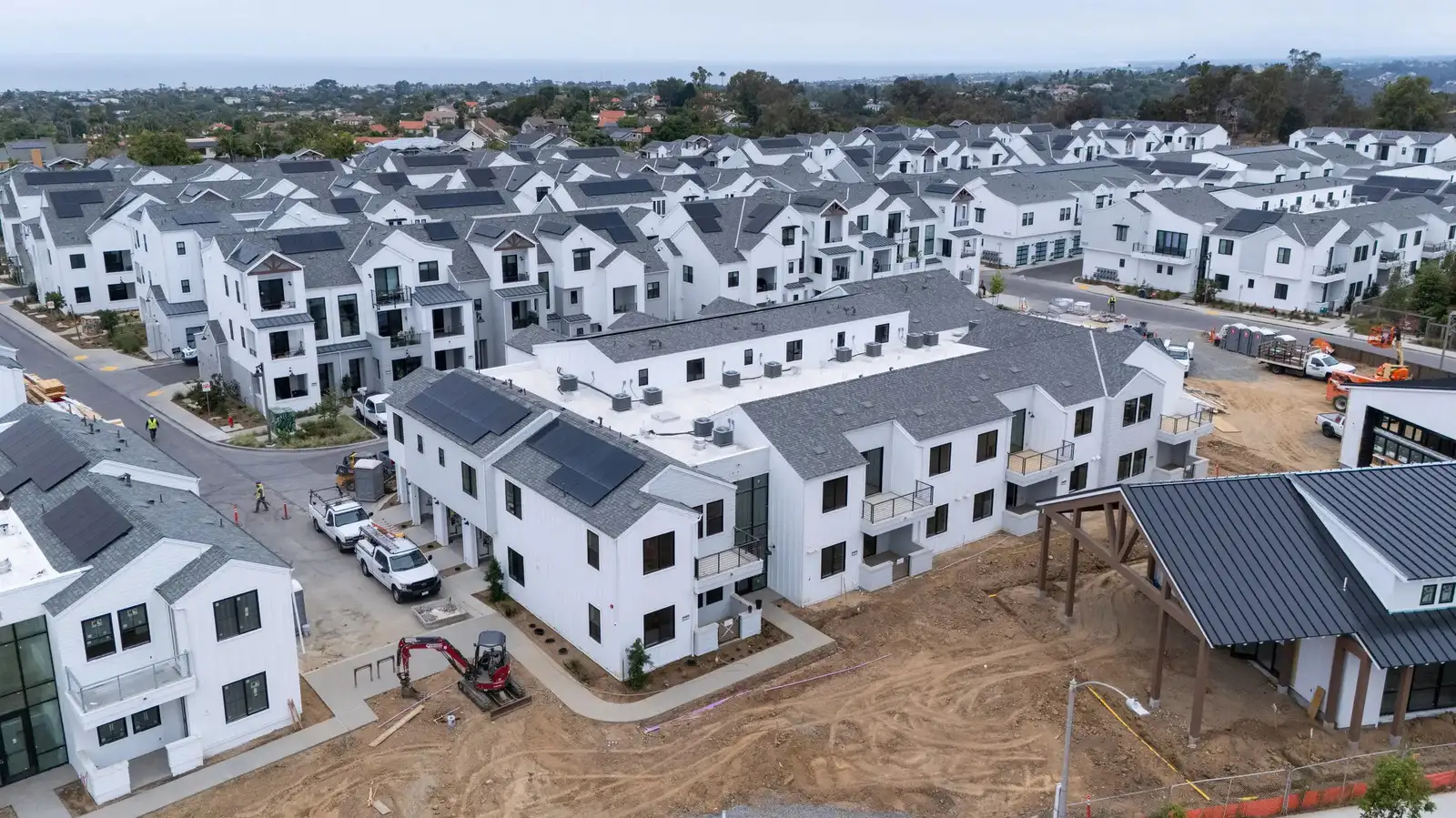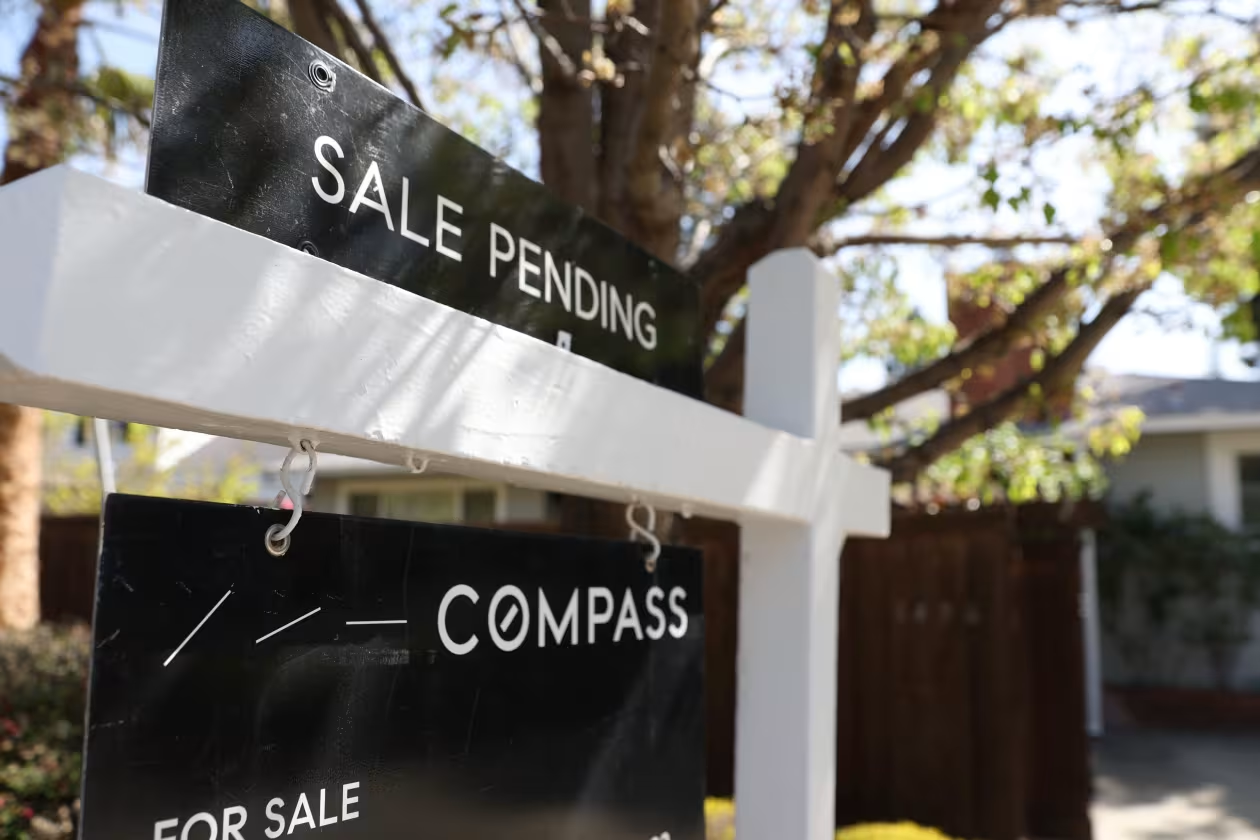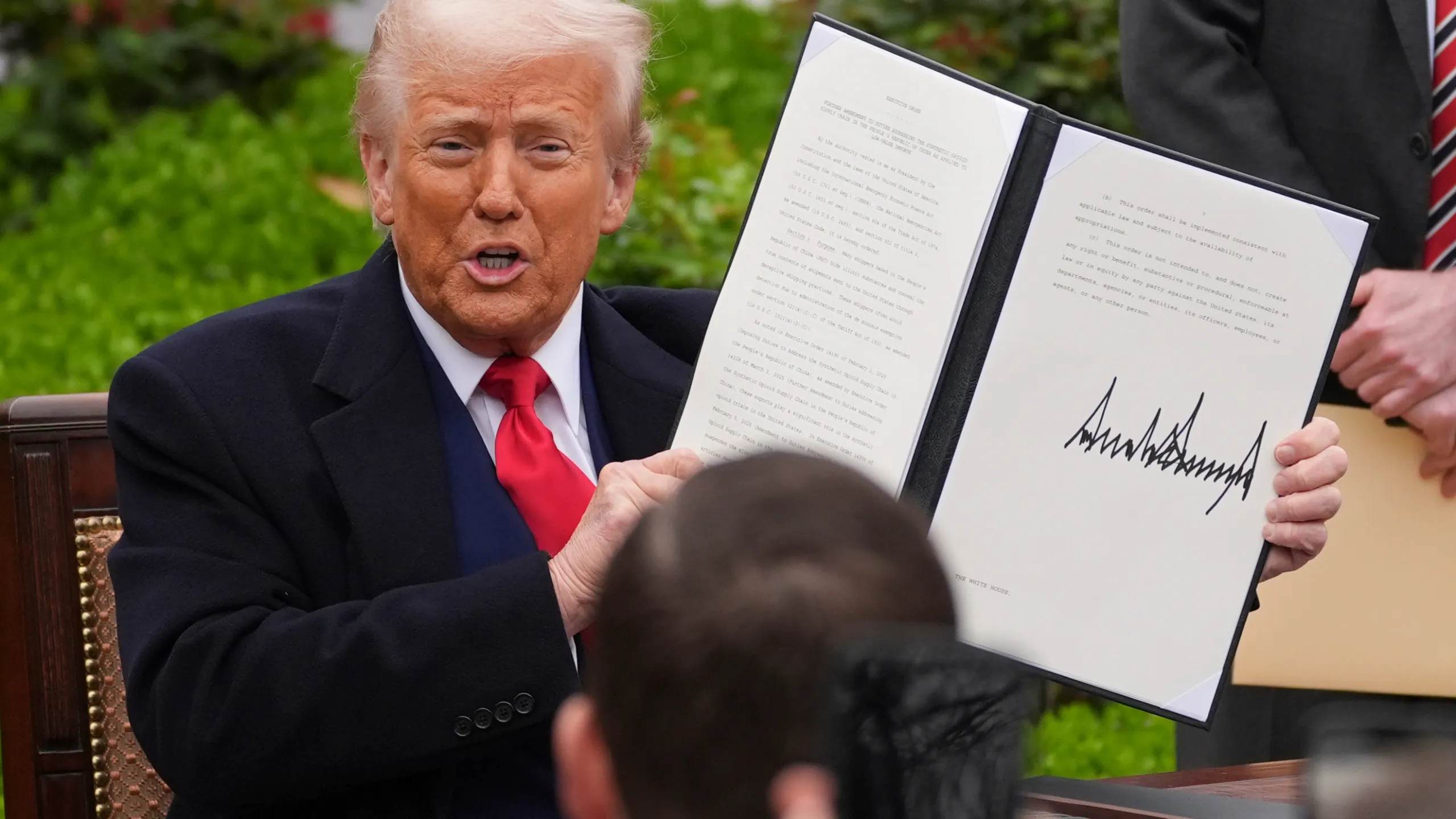
An Eye-Opening Statistic for the US Housing Market
Recent reports have highlighted a surprising yet significant trend within the United States: over 30 million American homes are currently free of any mortgage debt. This figure, which represents a substantial portion of the residential housing market, raises critical questions about the health and future trajectory of real estate in the country. Understanding what this mass of mortgage-free homes signifies—both for individual homeowners and the broader economy—requires a deep dive into the dynamics at play.
The Growing Number of Mortgage-Free Homeowners
According to a recent article from Moneywise.com, this number continues to grow steadily. These homeowners have paid off their mortgages, which can often be a long, financially challenging process. The reasons behind this wave are varied, including economic stability, disciplined savings, inheritance, or strategic pre-retirement planning.
Implications for the US Housing Market
Red Flags in Market Dynamics
The sheer volume of mortgage-free homes has caused some experts to react with caution. As outlined in the report, this trend is potentially a red flag for the US housing market. Here’s why:
- Reduced Buyer Demand: When a large number of homeowners own their homes outright, they are less likely to sell or buy additional properties, reducing the turnover rate in the housing market.
- Stagnant Market Growth: With fewer transactions, especially among higher-value properties, overall market growth can slow down.
- Impact on Construction and Real Estate Services: Fewer sales mean less demand for new constructions, renovations, and real estate services, which can have ripple effects on employment and the economy.
Economic Factors Contributing to the Trend
Several economic and social factors contribute to this rise in zero-mortgage homes:
- Economic Stability: Homeowners who have stable incomes are more likely to pay off their mortgages early or avoid taking out a mortgage in the first place.
- Rising Home Equity: Home values have appreciated significantly in many areas, enabling homeowners to leverage their equity or pay off remaining loans faster.
- Financial Discipline and Wealth Accumulation: Some households prioritize debt-free living, viewing homeownership as a pathway to financial independence.
- Generation Shifts: Baby Boomers and older generations reaching retirement are more likely to own their homes outright, contributing to this trend.
What Does Homeownership Without a Mortgage Really Mean for Homeowners?
Owning a home mortgage-free provides notable advantages:
- Financial Security: Without monthly mortgage obligations, homeowners often experience less financial stress and are better prepared for unforeseen expenses.
- Increased Disposable Income: Money that would have gone towards mortgage payments can be redirected toward savings, investments, or spending on leisure and travel.
- Reduced Debt Burden: Becoming debt-free enhances credit scores and overall financial health.
- Retirement Readiness: Older homeowners who own their homes outright are often in a stronger position for retirement, with fewer financial worries.
Potential Challenges and Risks for the Broader Economy
While individual homeowners may enjoy financial freedom, the aggregate trend presents some concerns:
- Reduced Consumer Spending: Mortgage payments often account for a significant portion of consumer expenditures. When this expense drops away, some economic activities—like real estate services, home renovations, and related industries—may experience downturns.
- Market Liquidity: A large pool of homeowners with no incentive to sell can lead to decreased liquidity in the housing market, making it harder for new buyers to find available homes.
- Impact on Home Prices: If demand decreases significantly, it might lead to home price stagnation or decline in certain markets, affecting overall home equity levels.
Future Outlook and What Homeowners Can Do
The growing number of mortgage-free homes signals a shift but does not necessarily predict an impending crisis. It reflects evolving financial strategies and demographic trends. Homeowners should consider:
- Strategic Planning: Whether mortgage-free or not, ongoing financial planning is essential to sustain wealth and prepare for future needs.
- Market Awareness: Keeping an eye on local real estate trends helps homeowners make informed decisions about selling or upgrading their properties.
- Investment Opportunities: For those with significant home equity, exploring other investment avenues can diversify income sources and build long-term wealth.
Conclusion
The fact that over 30 million American homes are mortgage-free is both a testament to financial discipline and a pointer toward changing dynamics in the housing market. While this trend benefits individual homeowners through increased security and flexibility, it also signals potential shifts in real estate activity at the macroeconomic level. Policymakers and industry stakeholders should monitor this trend closely to adapt strategies that sustain a vibrant and resilient housing market.
Ultimately, whether you own your home outright or are still paying a mortgage, understanding these broader implications helps in making smarter, more informed financial decisions.
For more updated news please keep visiting Prime News World.









